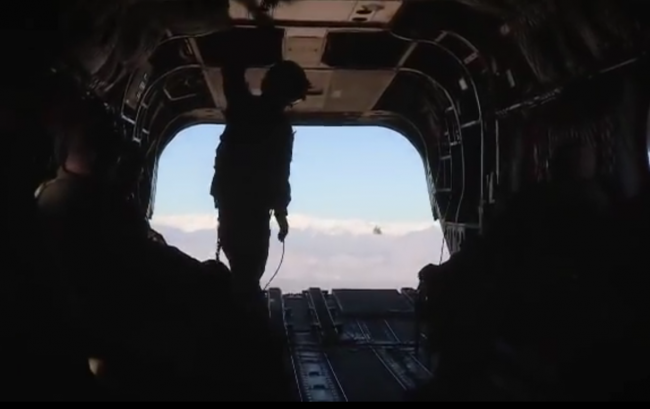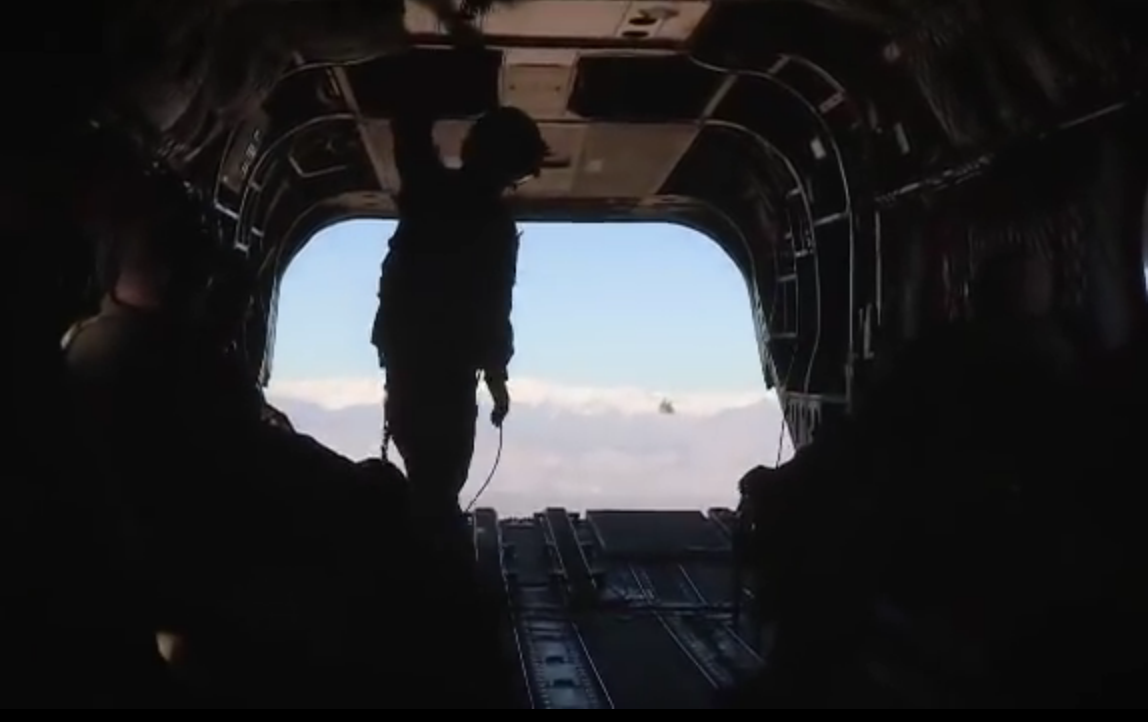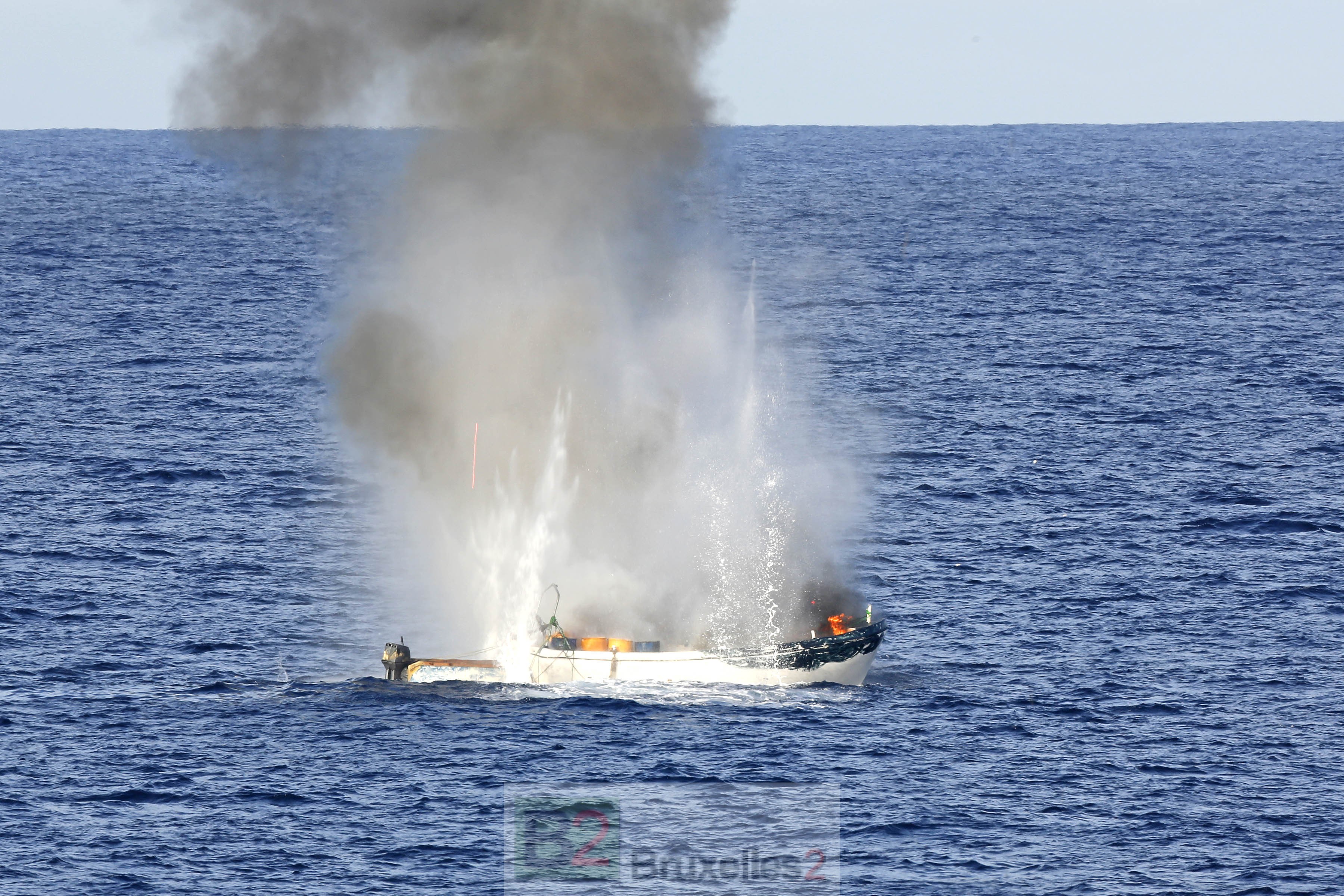Poland still in minimal solidarity?

(B2 - exclusive) The Polish response to the French request for solidarity, made on November 17 after the attacks in Paris, under Article 42.7 of the Treaty, is long overdue... According to the first information that has reached us (see our Booklet 05.01.2016), Warsaw only envisaged - at the start - fairly light logistical support, in the form of the supply of ammunition for example, to come and concretize the support for France. Which seems rather little, finally and even very little (barely more than Croatia!) (1). After discussion, the logistical support could turn out to be a little more targeted and consistent with air transport, intelligence... (Notebook (11.01.2016). But this remains to be confirmed.
Solidarities against solidarity
The position of the new Polish government led by the PiS (Law and Justice) is based on a political element of negotiation. First, its NATO allies are committing themselves more firmly, by deploying troops and equipment on Polish territory and those of the other countries located on the border with Russia or Ukraine. And, then, the Poles will engage in the external operations of the Allies. A 'hard' point of negotiation of which B2 had confirmation on the French side.
The Polish government has just taken the same step with the British, promising support for David Cameron in his negotiations with the Europeans to avoid a Brexit, in exchange for support at the Warsaw summit for NATO's claims of permanence towards the 'East.
A lack of solidarity? Not at all, we argue on the Polish side. Poland has been committed without complaining, for more than 10 years - in Iraq, Afghanistan, Chad - without having any notable returns, one indicates in essence in Warsaw on the government side.
Forceps negotiation that comes up against a principle of reality
Will the 'request' to the Warsaw forceps be fully satisfied? Will this be enough for Paris to immediately drop the jacket and kneel before the Virgin of Czestochowa? Not sure...
First of all, the current military strategy of the allies is no longer to base fixed troops in one place, but on the contrary to have "fast" forces — "agile" forces, as the Alliance is told — equipped with strong capabilities and interoperability. " The Maginot line was not really very effective If I remember quipped an officer. " We are not in the 1950s either when we calculated its strength in number of tanks positioned on either side of the wall completes another.
Then, this type of 'request' to the forceps ('I respond to your request if you respond to mine') only works when a country is in a position of strength, with generous activity in external operations for example (2) or precious and rare capacities, sought after by its partners.
Does Poland matter today?
Poland had this 'leverage' factor in 2003 during its engagement in Iraq. A key moment when she was also the 'leader' of the new Member States joining the European Union. This is no longer the case today. Poland is only one country among the others, of rather average size, with a decreasing population (3).
It has been quite a long time since its Mi24s have been on the attack and the Polish fleet has not faced the high seas. For various reasons, justifiable by the way (4), Poland has today become a of the European countries which is the least committed abroad. This strategic disengagement will be visible this Wednesday in Paris during the meeting of Defense Ministers – who count – in the fight against Daesh. Seven ministers will be present (British, German, Italian, Dutch...) alongside the US Defense Secretary... But no Poles. A sign !
Moreover, Poland is not in a situation of strategic weakness – like the Baltic countries (which have no fighter aircraft). Which would justify "additional help". She also no longer enjoys the special sympathy she enjoyed after 1989-1991. The halo of Solidarnosc and of the 'resistance' to the Soviets has been singularly tarnished. The current leaders of the PiS must be well aware of this. The reforms initiated by the PiS government (constitutional court, screening of senior government officials, media, etc.) are a sign of this. But, it is not the most fundamental, for the other capitals, despite appearances.
The new government irritates its European allies on some European issues. Most important is the issue of the migrant and refugee crisis. Warsaw is reluctant to European solidarity both in the reception of migrants/refugees and in the fight against traffickers (no Polish means in the Mediterranean for example!).
The Polish demand for solidarity will therefore have to be seriously scaled back. Otherwise the NATO summit in Warsaw next July, instead of being a meeting of unity, will be an occasion for heartbreak. This would ultimately have the most disastrous effect and the opposite of the effect sought by Eastern European countries. Russia would then only have to rejoice in the Alliance's lack of seriousness. Warsaw will therefore have to content itself with a half-measure, cleverly disguised under a few new words, to enable it to save face at the national level (it is rare for the allies to seek to put one of their own in difficulty). President Duda, on a visit to NATO, has already begun this slight step backwards...
A few more advantages
Poland, however, has a few tricks up its sleeve. Its army has some virtues: having some strategic transport capabilities (via the C-17s from the Papa base in Hungary or the Russian-Ukrainian planes from NATO's Salis contract) or tactics, transport helicopters, some well seasoned essentially on the earth plane, etc.
The Polish government could therefore play a finer game, at European level, by providing decisive, visible, massive assistance on certain external grounds. For example, 400-500 men, including special forces and helicopters, for Mali or the Central African Republic. What the Polish army knows how to do, and what it could do!
Incidentally, Warsaw would have scored a 'real' point, indicating that it is an ally "that counts". She would thus have obliged, in return, France and other allies to show solidarity with her. Despite an obvious sympathy and common history with England, its future is on the continent and not on its margins...
(Nicolas Gros-Verheyde)
(1) It may be noted that when asked about European solidarity, François Hollande was careful not to mention Poland among the countries showing solidarity or potentially showing solidarity. Read : Which countries responded to France's call? François confirms the B2 info!
(2) Burundi, which is very present in AMISOM in Somalia, has this lever, for example.
(3) Three reasons can be evoked in this sense: 1° the engagement in Iraq in 2003, risky, costly, which produced nothing tangible for the Poles; 2° the threat from Russia which requires a reinforced presence on the territory; 3° the ongoing reform of the armies. But on the other hand, the country has a certain good economic health and a well-established defense budget (around 2%). What many European countries do not have.
(4) The gap between Poland and Spain, two countries of comparable size at the time of the negotiation of the European treaties, has widened considerably. According to Eurostat, it is approximately 7,5 million inhabitants, whereas it was only 1,5 million inhabitants in 2001. A detail which is not minor in the long run on the number of MEPs in particular.
Read also: The mutual assistance clause triggered by France: assessment one month later (survey)

